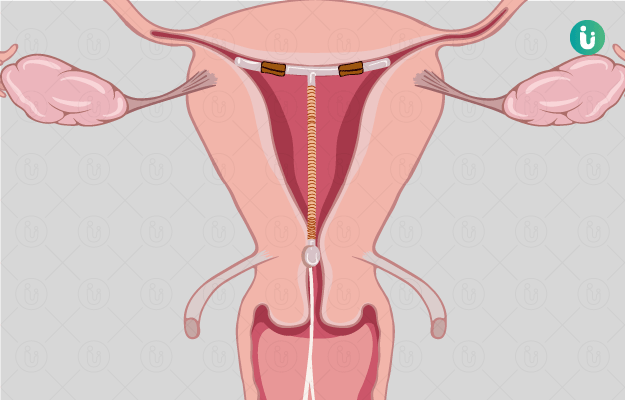The seventh month marks the beginning of the third trimester. You are closer to childbirth than you were in the previous month. So, your body is growing more rapidly and the foetus is gaining more and more weight. To support this, it is essential that you increase your calorie intake. The recommended daily intake for women in the third trimester is 2400 calories, which is quite more than what you ate pre-pregnancy, but, it is required.
An increase in calories does not imply that you merely eat anything. It is important to take a balanced diet with careful inclusion of specific components essential for you and the baby. It is advisable to eat a lot of fresh fruits and vegetables since they are rich in vitamins and minerals required by the body.
(Read more: Vitamins and supplements needed during pregnancy)
It is also recommended to include milk and proteins in your diet, which will both help in the optimal growth of the foetus. At the same time, it is important that you do not go overboard with eating proteins since an excess of it can lead to retarded foetal growth. Opt for drinking pasteurised milk since raw milk poses health risks during pregnancy. You must boil milk before drinking if not pasteurised.
(Read more: Is it safe to eat cheese during pregnancy)
Also, while choosing the source of protein, you must include more vegetarian sources like lentils, avocado, soy milk, nuts, nut butter etc. Occasionally, you may also enjoy non-veg foods like eggs or chicken.
It is recommended to refrain from the consumption of non-vegetarian foods like liver, uncooked or cold processed meats like pepperoni, salami, hot dogs etc since they carry parasites that can cause serious infection. Having raw or uncooked meat or eggs has similar risks. Consumption of fish must also be limited, especially tuna and sushi.
Other foods you must avoid in excess are coffee and green tea/herbal tea.
One of the foods to be taken special care of during the seventh month is iron, which is present in foods such as green leafy vegetables like spinach, nuts, pulses and whole grains. WHO recommends supplementation of 30 to 60 mg iron to avoid iron deficiency, foetal abnormalities and preterm birth. This requirement is increased since the baby derives its nourishment from maternal sources and draws enough for a few months after birth. In case a woman has been diagnosed with anaemia during pregnancy, daily dosage may rise up to 120 mg or as prescribed by the doctor.
Calcium must be sufficiently taken in the diet but not in excess. If you had been taking folic acid supplements till now, you can talk with your doctor and stop.
If you suffer from constipation or bloating, you must include more dietary fibres, reduce salt consumption and eat more often to improve digestion.
Lastly, have more water to digest fibres, reduce digestive problems, prevent stretch marks and stay energetic during the seventh month.
(Read more: How to remove stretch marks)










































